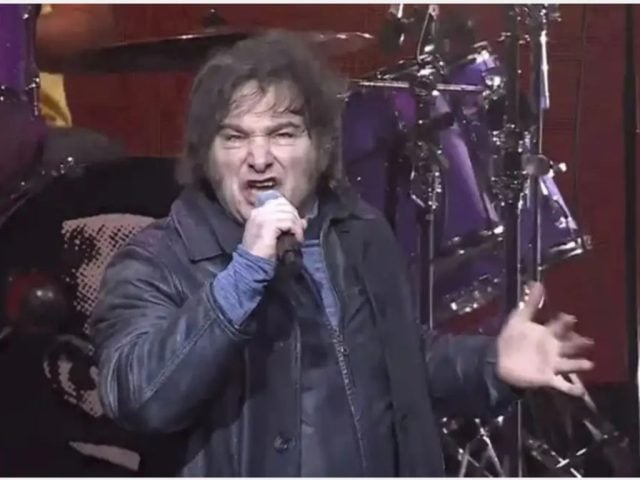Original article: Argentina arranca noviembre con otro tarifazo: Milei autoriza aumentos en los principales servicios
Millions of working families in Argentina will face increases in their utility bills starting November 1st.
President Javier Milei has officially sanctioned a 7.20% rise in gas prices, effective this Saturday, with an expected average impact of 3.80% on user tariffs, a figure that exceeds the projected inflation rate of 2.5% for October.
The Ministry of Economy’s Resolution 1698/2025, published in the Official Gazette, directs the National Gas Regulatory Entity (Enargas) to implement the new rates: “The surcharge as indicated in Article 75 of Law 25.565 and its modifications will be equivalent to seven point twenty percent (7.20%) of the natural gas price at the Point of Entry to the Transport System (PIST), per cubic meter (m³) of nine thousand three hundred kilocalories (9300 kcal) entering the pipeline system in the National Territory.”
It also stipulates that “marketers will apply and transfer, in their exact incidence, the surcharge on the natural gas price acquired at the PIST that was charged by the gas supplier.”
The new rates will inevitably impact citizens who rely on public transportation and other services dependent on this resource.
Additionally, Resolution 433/2025, also published in the Official Gazette, establishes an amendment to the natural gas price at the PIST.
In essence, the regulation requires the state-owned Energía Argentina S.A. (Enarsa), as well as producing and distributing companies that signed agreements under the Plan Gas.Ar, to adjust their contracts within a maximum period from the publication of the resolution.
This news raises concerns among those who must juggle their finances each month and adds to the long list of price hikes affecting the working class and the most vulnerable sectors in Argentina since Milei took office in December 2023.
Increase in Transportation and Fuel Prices
Gas is not the only essential service facing an increase. According to Página/12 , Argentinians will also contend with hikes starting this Saturday in fuel prices, health insurance, public transport fares, tolls, and rentals.
It was confirmed that in Buenos Aires, there will be a 4.1% increase in subway and premetro fares, which complement the underground service in Argentina’s capital. The same fare increases will apply to the 29 bus lines operating exclusively within that jurisdiction.
Through Decree 782/2025, published this Friday in the Official Gazette, the «libertarian» government established a new increase in the liquid fuel and carbon dioxide tax for November, which will impact gasoline and diesel prices, reflecting an update for 2024. The last increase was announced in August and was effective for September and October.
According to the decree, signed by Milei, Chief of Staff Guillermo Francos, and Economy Minister Luis Caputo, there will be a rise of $15.557 ARS in the tax on liquid fuels and $0.953 per liter for the carbon dioxide tax for gasoline. For diesel, the increase will be $12.639 per liter for the general rate, $6.844 for the differential rate applicable in regions like Patagonia, and $1.441 per liter for the CO₂ tax.
“The total increase referred to in the first paragraph of this article, resulting from the remainder of the 2024 adjustment and the updates corresponding to the first and second calendar quarters of 2025, according to Article 7 of the Annex of Decree No. 501/18, will affect unleaded gasoline, virgin gasoline, and diesel for taxable events occurring from December 1, 2025, onwards,” indicated the decree as reported by La Nación.
Increase in Private Health and Rent Costs
As for the private health sector, which has been unregulated since the “libertarian” leader took office at Casa Rosada, representatives have reportedly informed the government and their members through the official website of the Superintendency of Health Services (SSS) that service fees will increase by 2.1% to 2.9% starting in November.
Tenants under contracts that fall under the now-repealed Rental Law are also expected to see their November payments rise between 38% and 42.2%.










